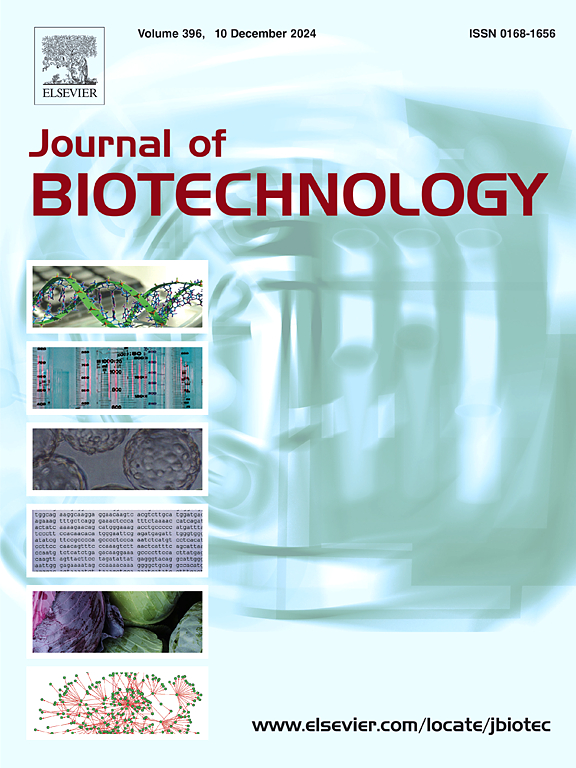海藻衍生生物刺激素用于可持续作物生产:综述。
IF 3.9
2区 生物学
Q2 BIOTECHNOLOGY & APPLIED MICROBIOLOGY
引用次数: 0
摘要
对气候变化和合成农用化学品对环境影响的日益关注,导致人们对天然替代品(如基于海藻的生物刺激素)的兴趣日益浓厚。这些提取物含有多种生物活性化合物,包括植物激素、多糖、蛋白质、多酚和维生素,有助于促进植物生长、抗逆性和土壤健康。海藻生物刺激剂已经证明了它们在最佳和应激条件下提高发芽、生长和产量的能力。此外,海藻衍生的化合物影响微生物群落,促进有益的相互作用,增强土壤结构和肥力。它们不同的应用方式进一步扩大了它们在现代农业中的用途。尽管它们有许多优势,但在种植、大规模生产和监管框架方面仍然存在挑战。进一步优化提取方法,阐明其作用机理,探索其经济可行性。本文系统综述了海藻生物刺激素作为可持续农业投入物的潜力,讨论了其化学成分、作用机制、提取技术、应用策略、挑战和未来前景,以提高作物生产力和抗灾能力。本文章由计算机程序翻译,如有差异,请以英文原文为准。
Seaweed-derived biostimulants for sustainable crop production: A review
The increasing concerns over climate changes and environmental impacts of synthetic agrochemicals have led to a growing interest in natural alternatives such as seaweed-based biostimulants. These extracts contain diverse bioactive compounds, including phytohormones, polysaccharides, proteins, polyphenols, and vitamins, which contribute to enhanced plant growth, stress tolerance, and soil health. Seaweed biostimulants have demonstrated their ability to improve germination, growth, and yield under both optimal and stressful conditions. Additionally, seaweed-derived compounds influence microbial communities, promoting beneficial interactions that enhance soil structure and fertility. Their different mode of applications further expands their utility in modern agriculture. Despite their numerous advantages, challenges remain regarding cultivation, large-scale production, and regulatory frameworks. Further research is needed to optimize extraction methods, elucidate mechanisms of action, and explore economic feasibility. This systematic review brings focus to the potential of seaweed-based biostimulants as sustainable agricultural inputs, discussing their chemical composition, mechanisms of action, techniques of extraction, application strategies, challenges and future perspectives for improving crop productivity and resilience.
求助全文
通过发布文献求助,成功后即可免费获取论文全文。
去求助
来源期刊

Journal of biotechnology
工程技术-生物工程与应用微生物
CiteScore
8.90
自引率
2.40%
发文量
190
审稿时长
45 days
期刊介绍:
The Journal of Biotechnology has an open access mirror journal, the Journal of Biotechnology: X, sharing the same aims and scope, editorial team, submission system and rigorous peer review.
The Journal provides a medium for the rapid publication of both full-length articles and short communications on novel and innovative aspects of biotechnology. The Journal will accept papers ranging from genetic or molecular biological positions to those covering biochemical, chemical or bioprocess engineering aspects as well as computer application of new software concepts, provided that in each case the material is directly relevant to biotechnological systems. Papers presenting information of a multidisciplinary nature that would not be suitable for publication in a journal devoted to a single discipline, are particularly welcome.
 求助内容:
求助内容: 应助结果提醒方式:
应助结果提醒方式:


